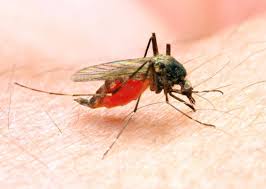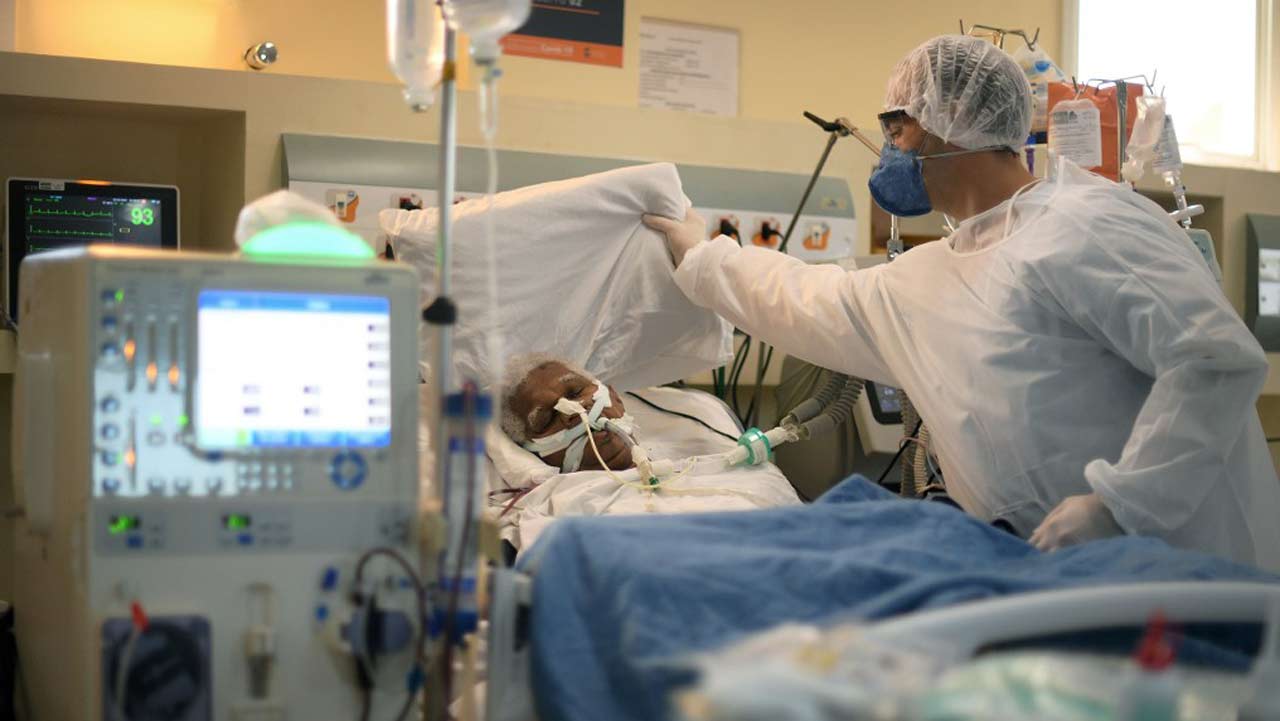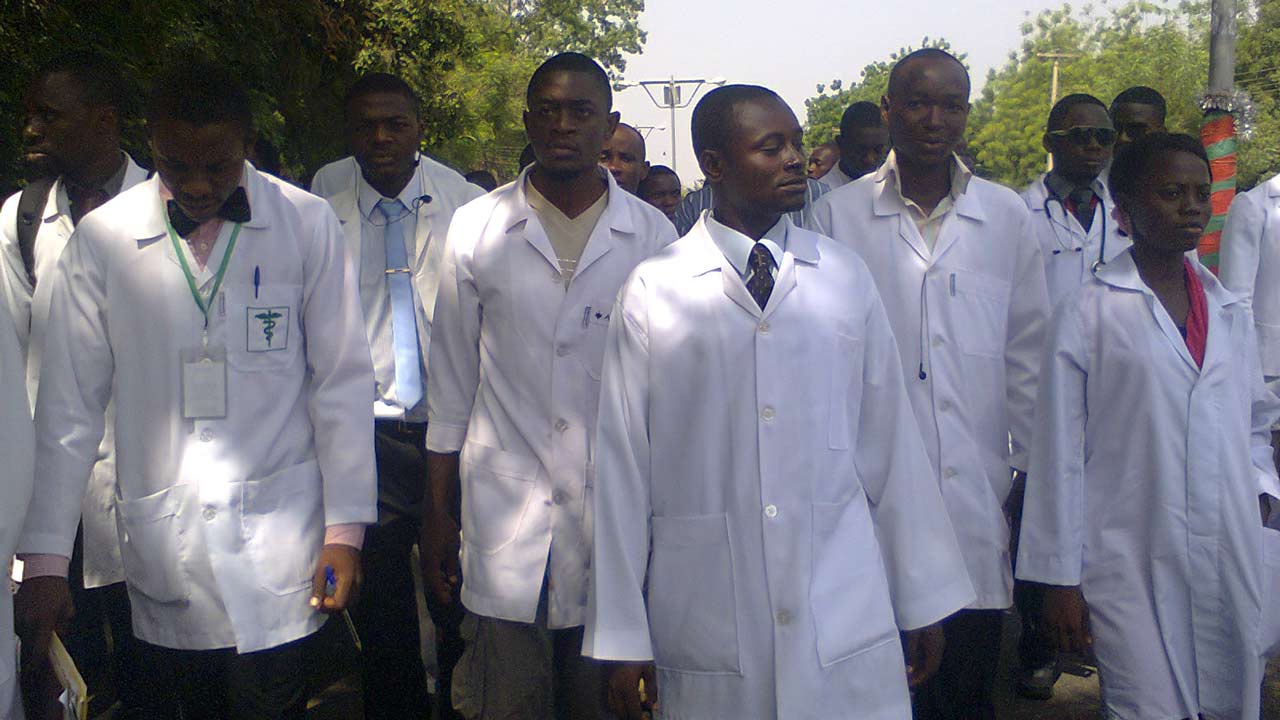. Targeting key protein 'kills the parasite and stops the disease', paving the way for new treatments
. Scientists found a new way the malaria parasite survives in the blood
. They discovered a protein called kinase is key to the parasite's survival
. When kinase was prevented from working it killed the malaria parasite
. Paves way for drugs designed to stop kinase from working to be developed
A scientific breakthrough could pave the way for new treatments for malaria, scientists said today. Researchers have discovered new ways in which the malaria parasite survives in the blood stream of its victims. They say their discovery could result in new treatments being developed to eradicate the disease.
The researchers at the Medical Research Council's (MRC) Toxicology Unit, based at Leicester University and the London School of Hygiene and Tropical Medicine, have identified a key protein - called a kinase - that if targeted stops the disease.
 Malaria is caused by a parasite that lives inside an infected mosquito and is transferred into humans through a bite. Once inside the body, parasites use a complex process to enter red blood cells and survive within them. By identifying one of the key proteins needed for the parasite to survive in the red blood cells, the researchers prevented the protein from working, killing the parasite.
Malaria is caused by a parasite that lives inside an infected mosquito and is transferred into humans through a bite. Once inside the body, parasites use a complex process to enter red blood cells and survive within them. By identifying one of the key proteins needed for the parasite to survive in the red blood cells, the researchers prevented the protein from working, killing the parasite. The researchers used state-of-the-art methods to dissect the pathways involved in keeping the malaria parasite alive. They used an approach called chemical genetics, where synthetic chemicals are used in combination with introducing genetic changes to the DNA of the parasite. This is a real breakthrough in our understanding of how malaria survives in the blood stream and invades red blood cells (Professor Andrew Tobin).
They found that one protein kinase, PfPKG, plays a central role in various pathways that allow the parasite to survive in the blood. They explained that understanding the pathways the parasite uses means that future drugs could be precisely designed to kill the parasite. This could be done with limited toxicity, making them safe enough to be used by children and pregnant women.
Study co-lead author Professor Andrew Tobin, from the MRC Toxicology Unit at Leicester University, said: 'This is a real breakthrough in our understanding of how malaria survives in the blood stream and invades red blood cells. We've revealed a process that allows this to happen and if it can be targeted by drugs we could see something that stops malaria in its tracks without causing toxic side-effects.'
Professor David Baker, of the London School of Hygiene and Tropical Medicine, said: 'It is a great advantage in drug discovery research if you know the identity of the molecular target of a particular drug and the consequences of blocking its function.
'It helps in designing the most effective combination treatments and also helps to avoid drug resistance which is a major problem in the control of malaria worldwide.'
Malaria currently infects more than 200 million people worldwide and accounts for more than 500,000 deaths per year, according to the World Health Organisation. Professor Patrick Maxwell, chair of the MRC's Molecular and Cellular Medicine Board, said: 'Tackling malaria is a global challenge, with the parasite continually working to find ways to survive our drug treatments.
'By combining a number of techniques to piece together how the malaria parasite survives, this study opens the door on potential new treatments that could find and exploit the disease's weak spots but with limited side-effects for patients.'
The findings were published in the journal Nature Communications.
By Madlen Davies
Dailymail
ABUJA: Training Schedule for Basic Life Support BLS, Pediatric Advanced Life Support (PALS), Advanced Cardiovascular Life Support ACLS, First Aid, CPR, AED
PORTHARCOURT: Training Schedule for Basic Life Support BLS, Pediatric Advanced Life Support (PALS), Advanced Cardiovascular Life Support ACLS, First Aid, CPR, AED
LAGOS: Training Schedule for Basic Life Support BLS, Pediatric Advanced Life Support (PALS), Advanced Cardiovascular Life Support ACLS, First Aid, CPR, AED





